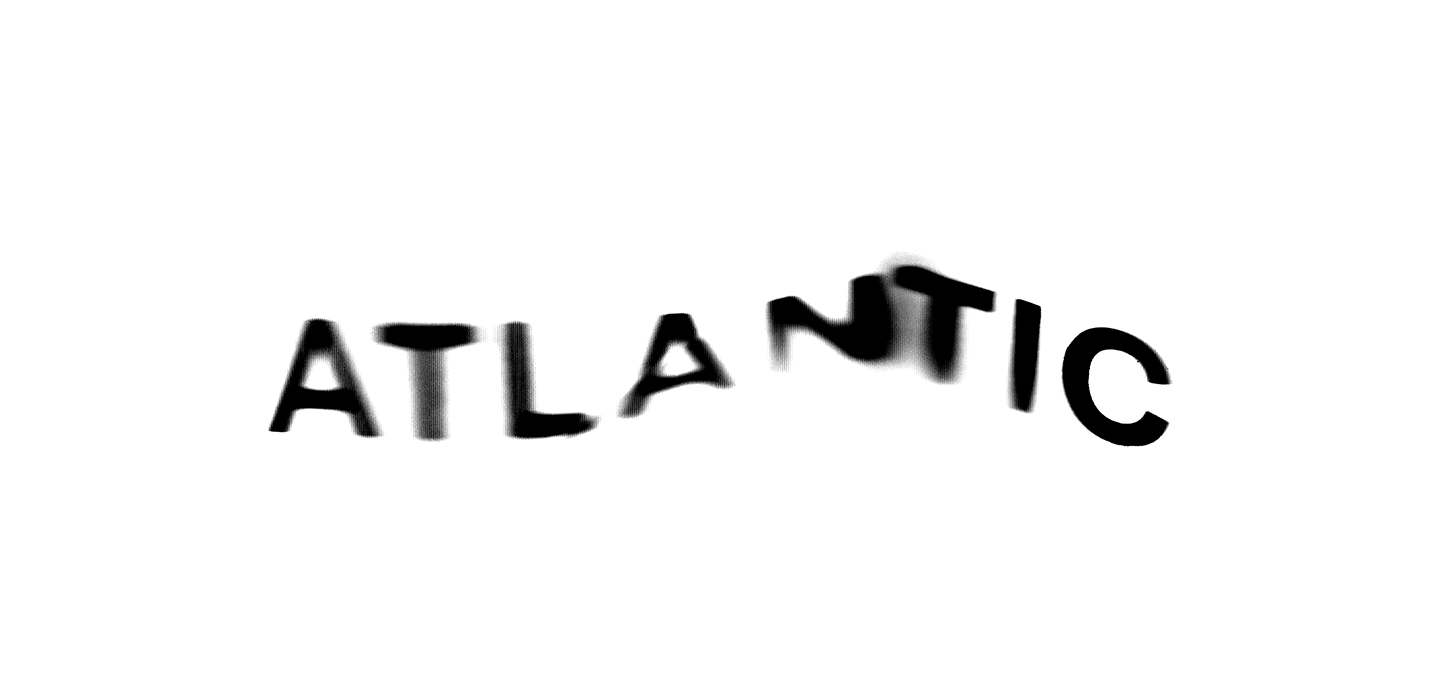After The Future
September 28–October 21, 2018
Plymouth Guildhall
c/o The Arts Institute, University of Plymouth
Drake Circus
Plymouth PL4 8AA
United Kingdom
T +44 1752 584980
mail@theatlantic.org
The Atlantic Project is a pilot for a new international festival of contemporary art in the South West of England, taking place in public contexts and outdoor locations across Plymouth from 28 September 2018.
Artists: Nilbar Güreş, Tommy Støckel, Liu Chuang, Yan Wang Preston, Hito Steyerl, Vermeir & Heiremans, Kiluanji Kia Henda, Donald Rodney, Shezad Dawood, Postcommodity, Ryoji Ikeda, Carl Slater, SUPERFLEX, Uriel Orlow, Jane Grant & John Matthias, Khadija von Zinnenburg Carroll, Chang Jia, Ursula Biemann, Bryony Gillard, Kranemann + Emmett
Curated by Tom Trevor
Plymouth is a city built upon visions of the future. As a deep-water port, facing the Atlantic Ocean, its history is bound up with maritime exploration in pursuit of the unknown worlds that lie over the horizon. From Francis Drake to Charles Darwin, James Cook to the Mayflower Pilgrims, the legacies of such utopian imaginaries have come to define our contemporary world. Just as the barbaric inhumanity of the transatlantic slave trade and the inequities of British colonialism have shaped the precarious conditions of globalization today.
As the largest naval base in Western Europe, Plymouth suffered extensive bombing in WWII and the subsequent city architecture reflects post-war visions of the future, from Soviet-style social housing to European ‘Brutalism’ to American-style free enterprise. With the acceleration of globalisation and the prolonged impact of austerity, however, the century-long obsession with the concept of progress that informed this modernist reconstruction has seemingly ground to a halt. Without a clear vision of the future, the question arises, how will the role of the artist function and change—drifting in the wake of utopian imaginaries—after the future?
Site-specific commissions
Locations for context-based commissions across Plymouth include sites previously inaccessible to the public for a number of years, such as the empty Civic Centre, Drakes Island, The Melville at Royal William Yard and the former Millennium nightclub.
Along the city’s main post-war pedestrian thoroughfare, Nilbar Güreş presents a series of photographs made with local participants, playfully exploring the experience of being a displaced person in Plymouth (one of five “dispersal centres” for asylum seekers in the UK). Tommy Støckel exhibits a concrete sculpture, based upon a 3D-scan of the Plymouth Rock in Massachusetts, along with a mobile app enabling members of the public to imagine its possible future erosion.
In the basement of the Civic Centre, Kiluanji Kia Henda has made an architectural installation, relating his experience of Soviet-style buildings in Luanda to the post-war reconstruction of Plymouth. Elsewhere, in the city’s former administrative centre, installations by Hito Steyerl and Vermeir & Heiremans focus on the changing nature of citizenship, and civic institutions.
Drakes Island, in Plymouth Sound, from where Francis Drake set sail to circumnavigate the globe in 1577, has been closed to the public since 1995. Visible from The Hoe, the 6.5-acre island is the location for a new site-specific work by the US-based artists collective, Postcommodity. Entitled Repellent Eye (Plymouth), the 6-metre tethered helium balloon connects “Old Europe” to indigenous narratives of cultural self-determination in North America.
In the disused Millennium nightclub, last open to the public in 2005, Ryoji Ikeda presents a site-specific installation in a vast empty dancehall—once an infamous pilgrimage destination for clubbers in the 1980s and 90s.
SUPERFLEX have been working in collaboration with the Plymouth-based Real Ideas Organisation to develop a community-owned brewery in Devonport, one of the UK’s most deprived areas. Titled FREE BEER version 6.0 (the Atlantic brew), an “open-source” brew will be available at venues across the city.
The National Marine Aquarium hosts Ursula Biemann’s new commission Acoustic Ocean, filmed on the Lofoten Islands in Northern Norway, which sets out to explore the sonic ecology of marine life in the cold North Atlantic, and possible future amphibian life worlds.
Partners
The Atlantic Project has been developed as a core partnership between The Box and the University of Plymouth, in the lead-up to the Mayflower 400 anniversary in 2020. The Atlantic Project in 2018 is part of Horizon, a two-year visual arts development programme across the city (2016-18), led by Plymouth Culture, with support from Arts Council England and Plymouth City Council.



